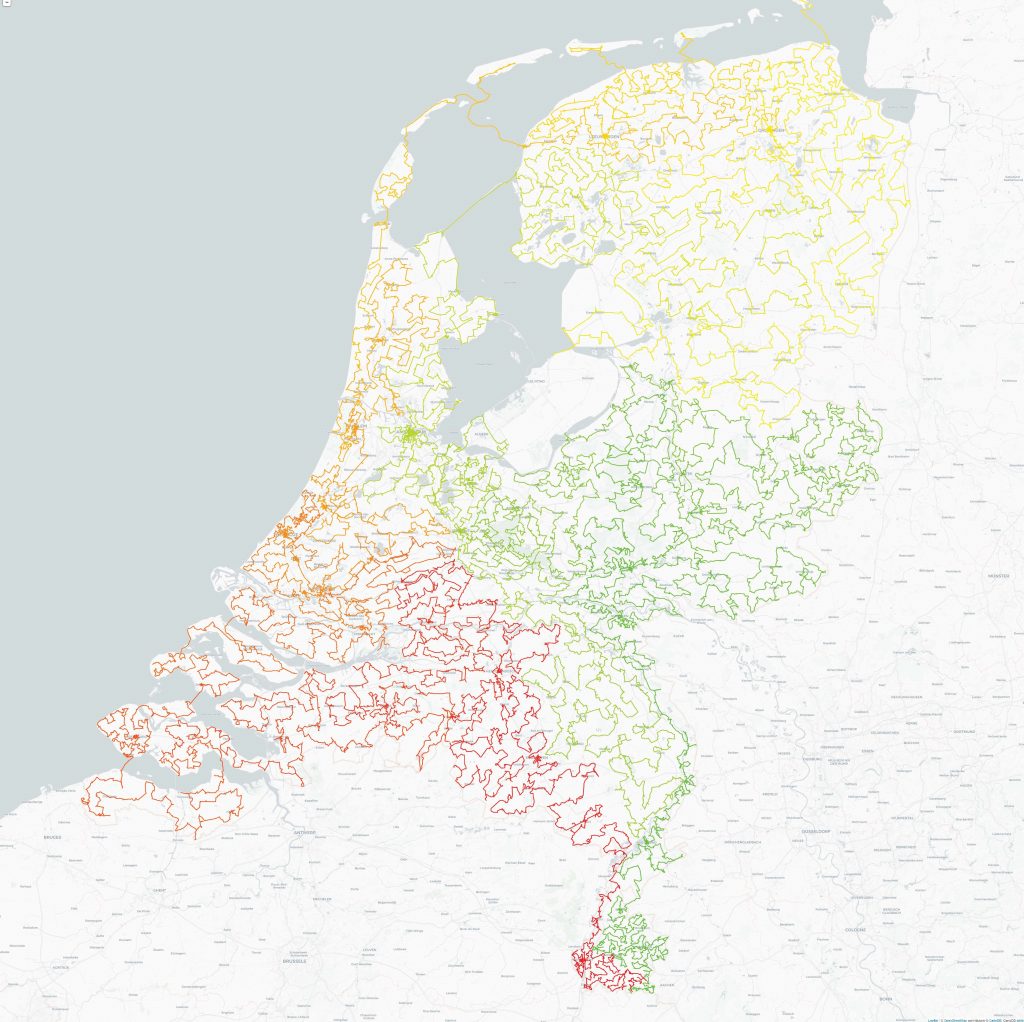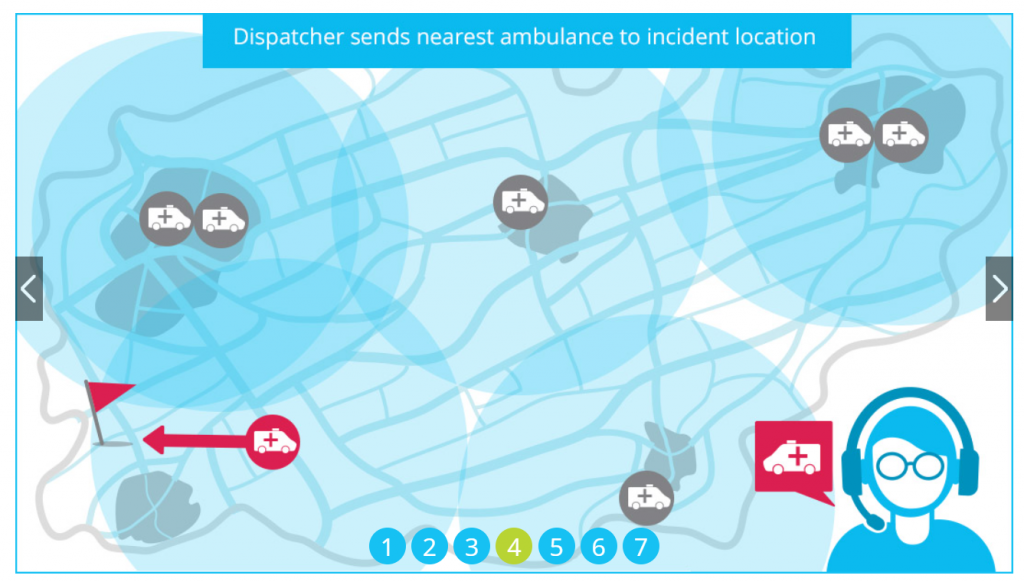Maximising efficiency is risky business (Part 3) - A view on interdisciplinary research

In the first article of this series I described how logistic chains work. In the second article, we went one step further and dived in the mathematics. In this third part I discuss some personal experiences and ideas regarding interdisciplinary research.
Maximising efficiency is risky business (Part 2) - The mathematics behind logistics chains

We can use mathematics and more specifically networks to study logistics chains. In the first article we described how logistic chains work. In this second part, we go one step further and dive in the mathematics.
Maximising efficiency is risky business (Part 1) - Logistics chains and cascading small delays

Think of a local car dealer selling cars in your region. To make sure new cars are delivered on time a whole mechanism involving various people, factories, and transport companies, must operate in coordination. This is a highly complex process where mathematics plays an important role.
Prizes for outstanding mathematics (Part 2)

Two weeks ago I had the pleasure to attend two events where prizes for outstanding research in mathematics were awarded, one of them was the CWI Best Thesis in Applied Math 2024. It was a great pleasure to be there, to chat with (most of) the candidates, and to learn what they have done during their bachelor and master thesis'.
Picking the best route for order pickers

The routes that pickers in warehouses take are essential to efficiency. But which route is best?
Dispatching experts to do maintenance

Using data analytic techniques and Artificial Intelligence you can analyse data from hospitals and discover hidden patterns that allow us to often predict (within a margin of accuracy) failures before they happen. When a failure is predicted, we issue an alert and we plan for preventive maintenance by an expert engineer.
A peek into decision making in service systems

Often due to large waiting times customers abandon shops (online or physical), and owners don't realize that they have left. We call this a loss of opportunity. This is an important concept in queueing theory.
The travelling salesman problem

Suppose you have a delivery service. You have one truck and have to deliver a large number of parcels to different cities in the country every day. Then you run into the following problem: in which order should you visit the cities?
Reducing ambulance response times

Sandjai Bhulai and Rob van der Mei have been working together for more than twenty years to devise mathematical solutions to a wide array of societal challenges.
How parallel computing can be (in)efficient

Today, we demand much more from our devices and we take for granted that they all work nice and fast. Without realizing, we usually greatly value a speedy processing of our tasks. Speed is thus of the essence, but how do current-day devices cope with this? The answer: your devices can multi-task.
